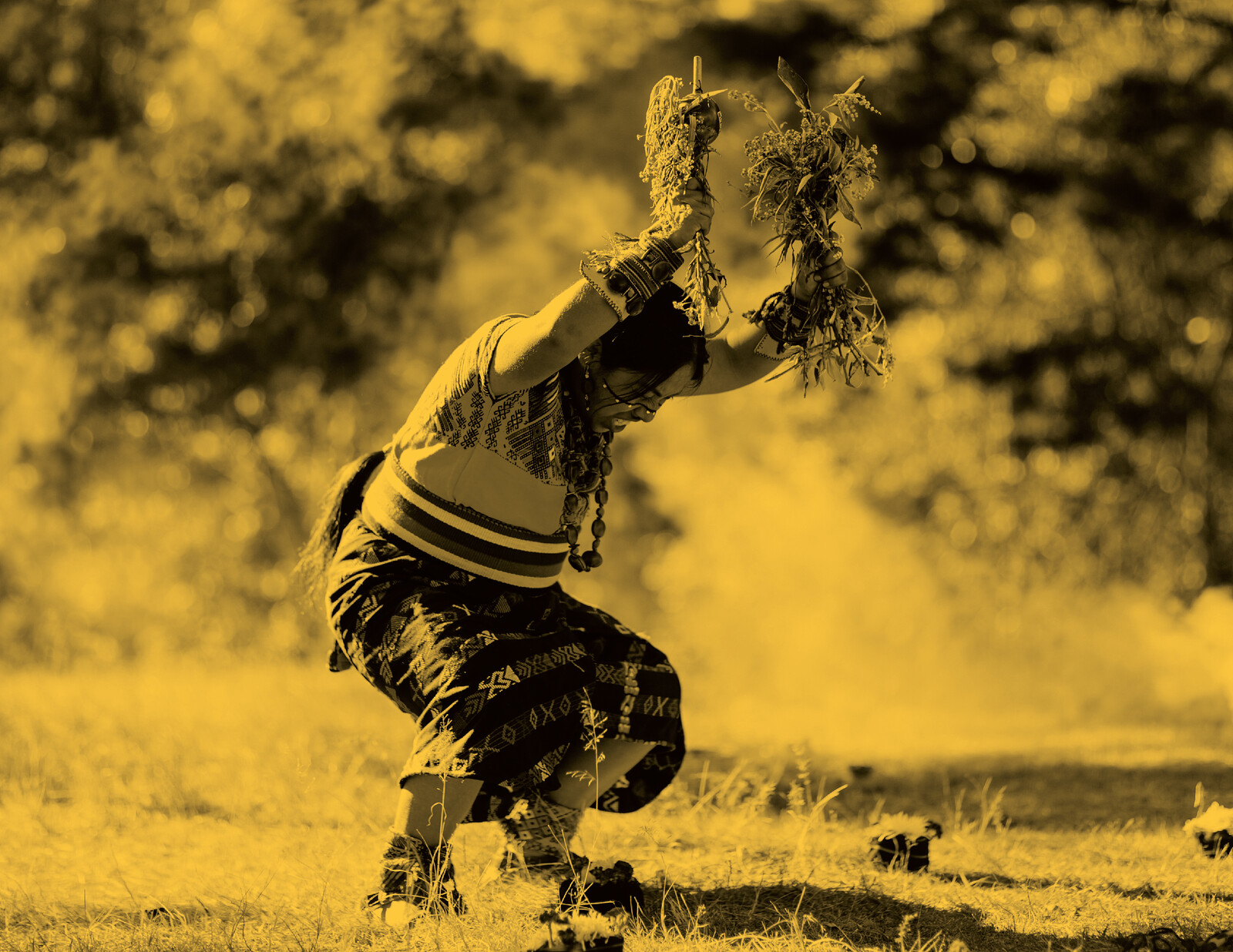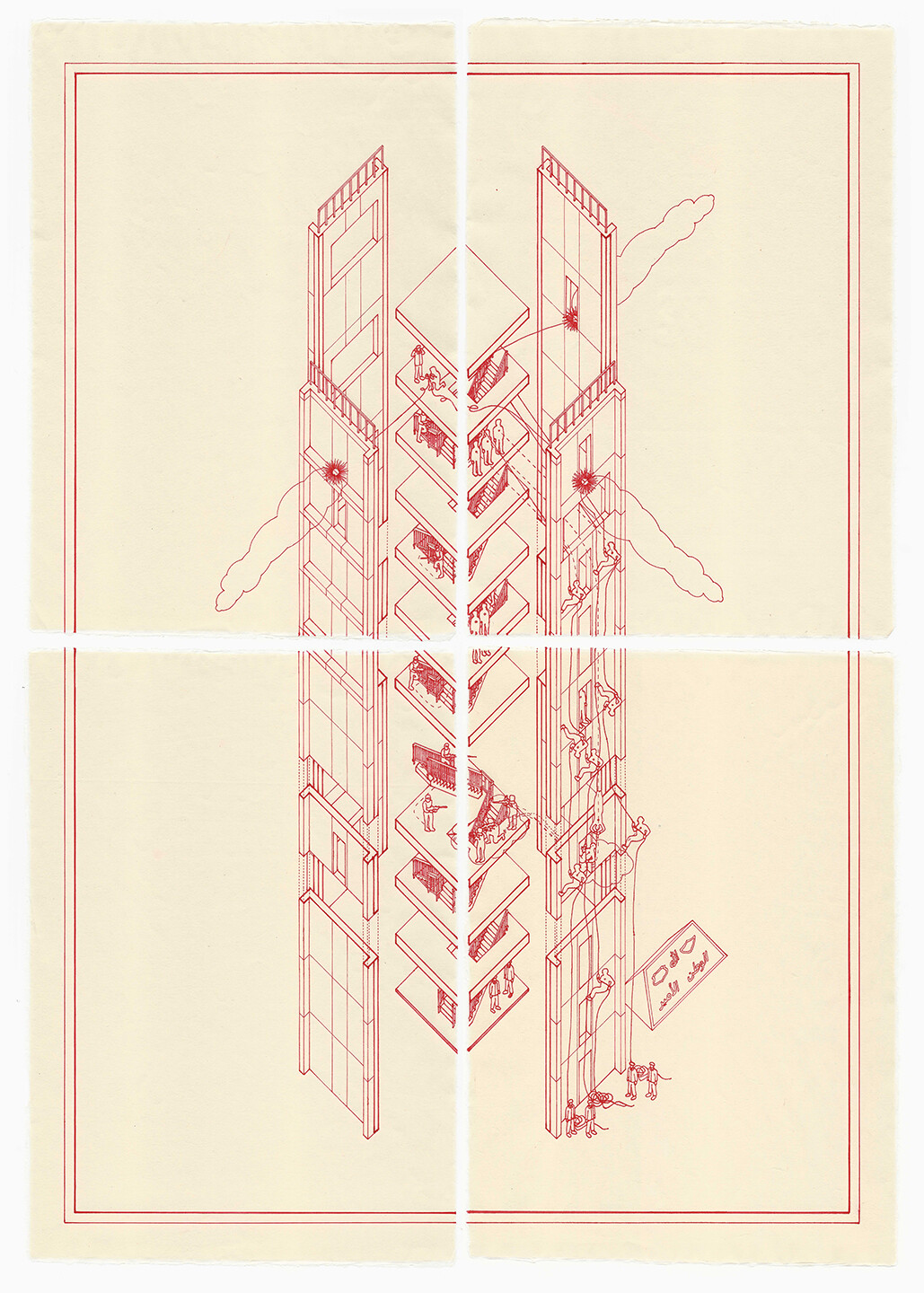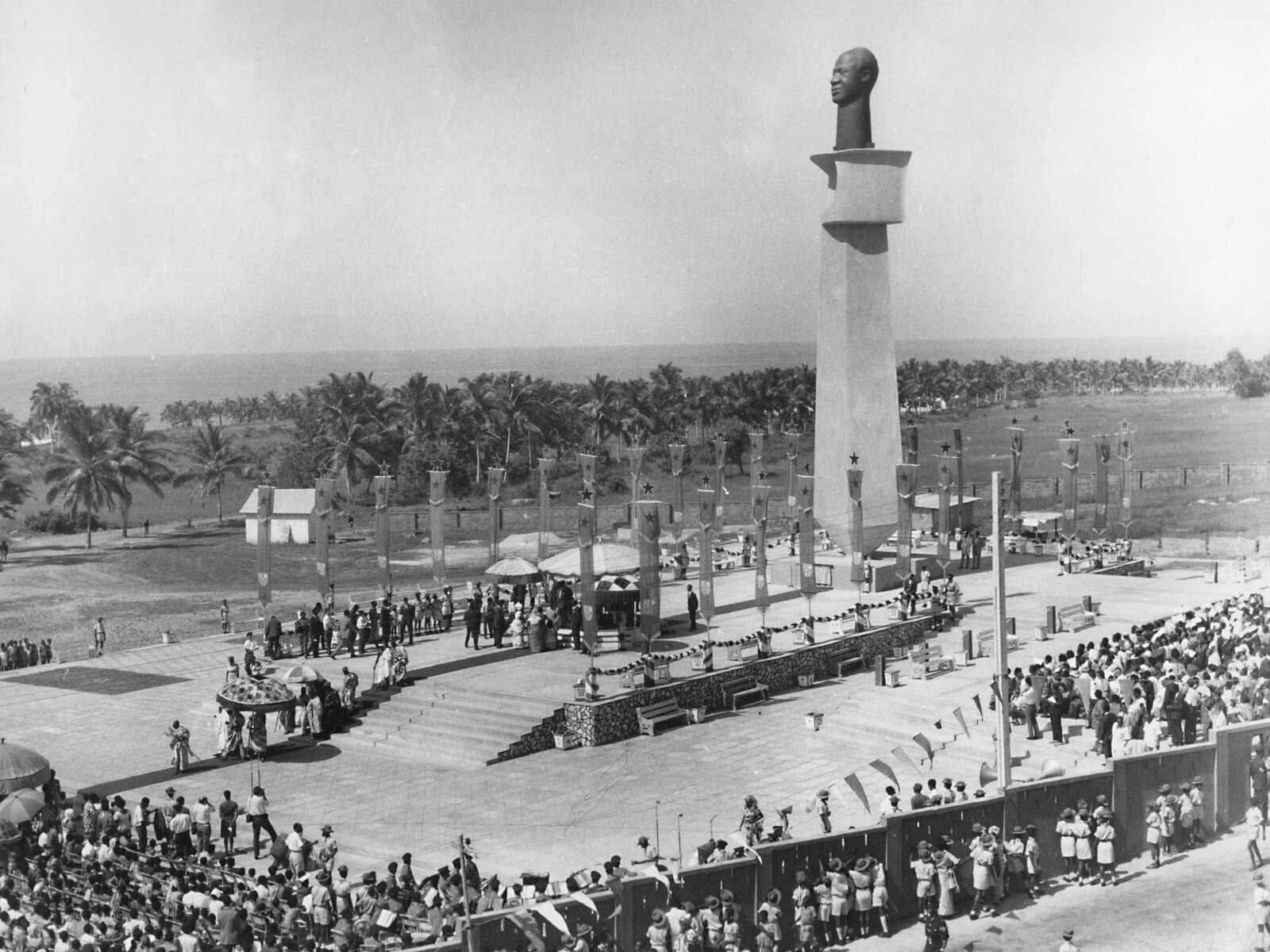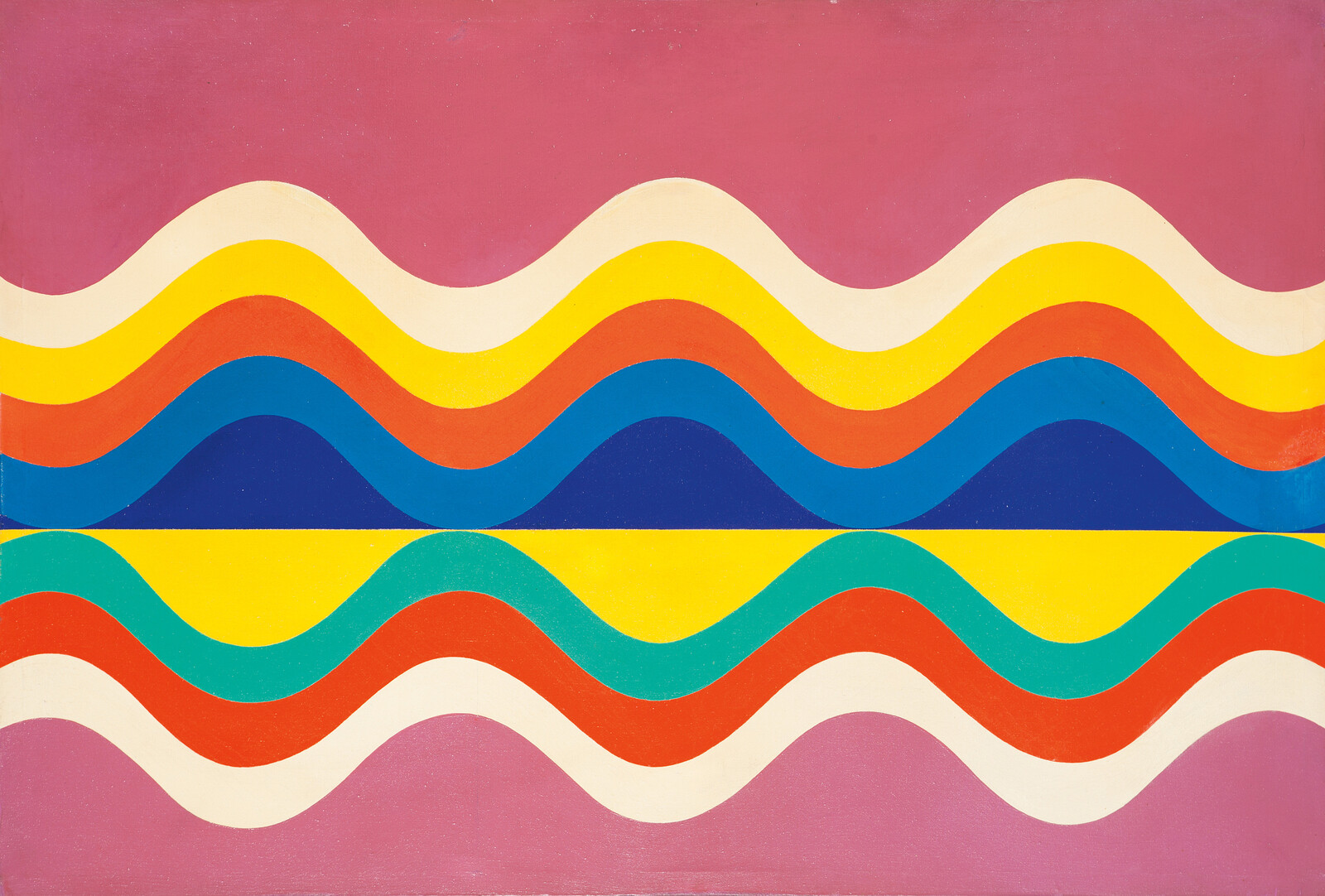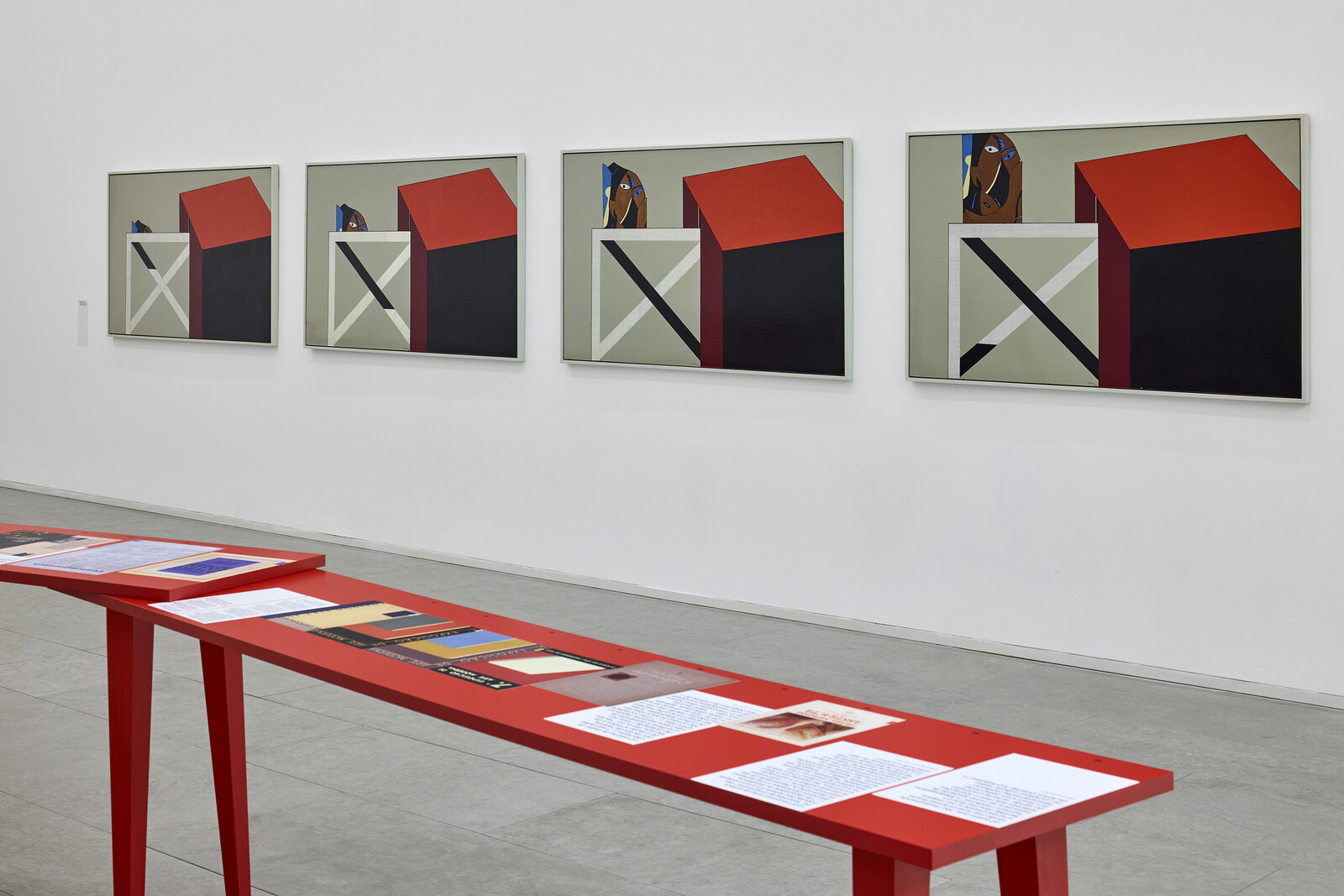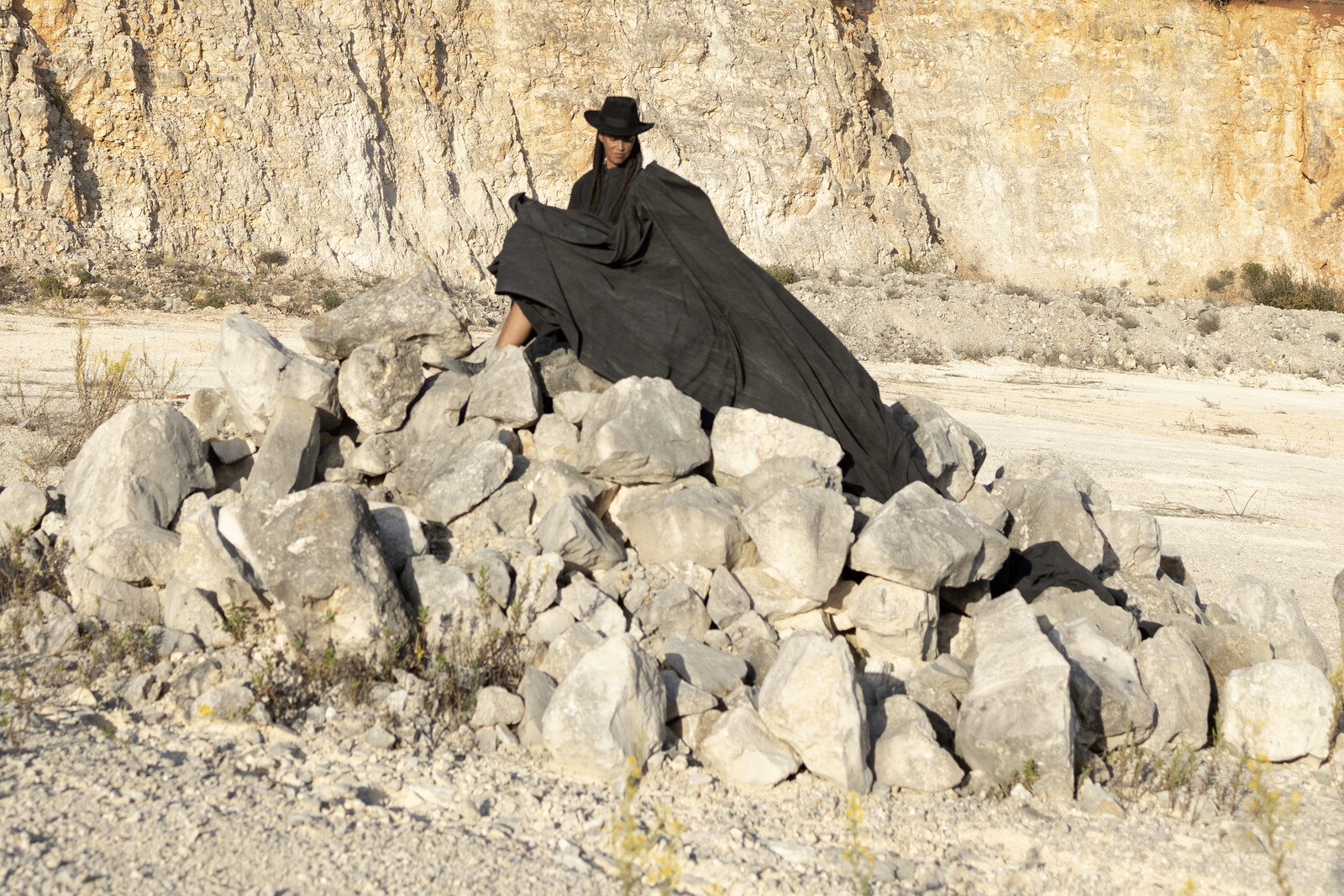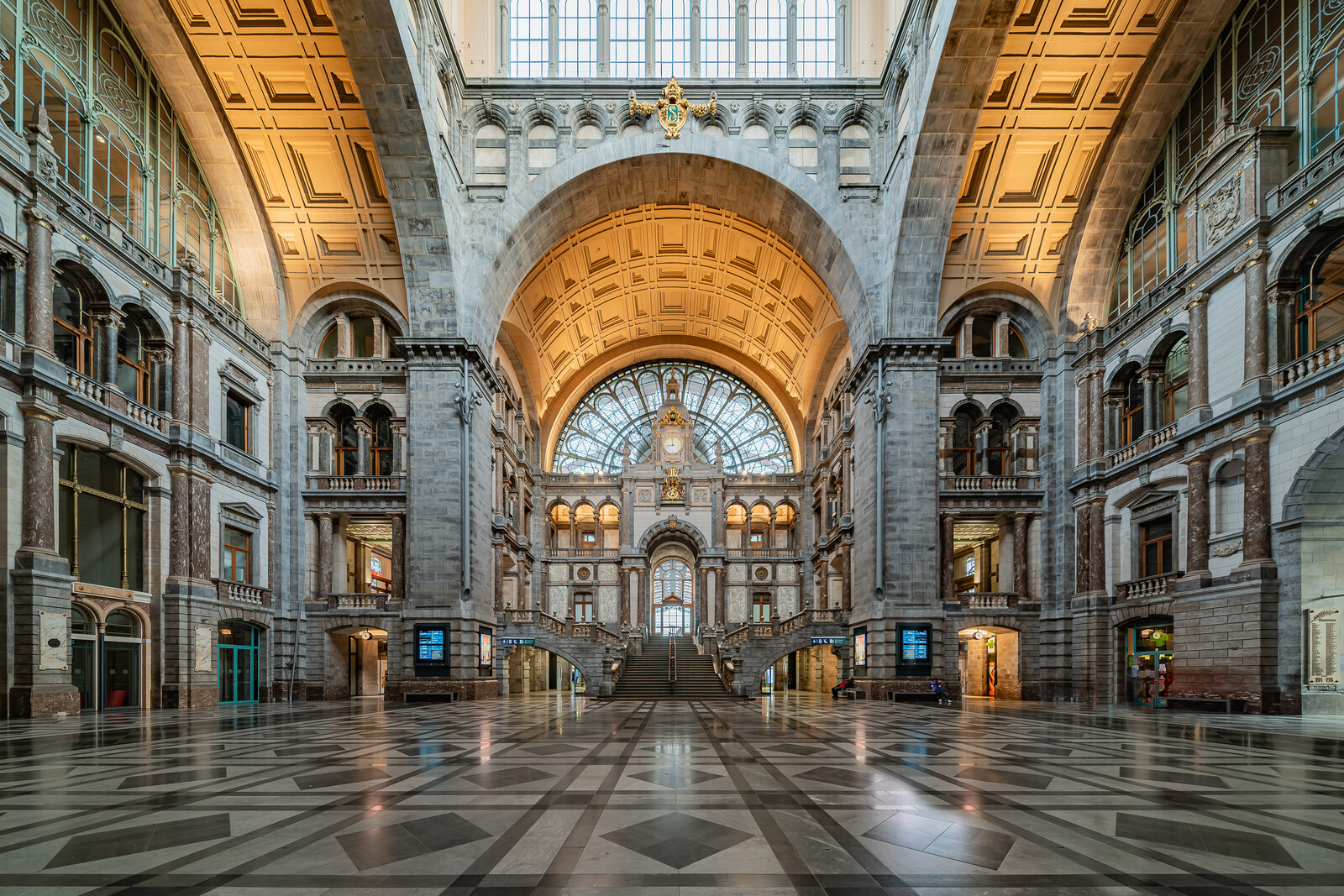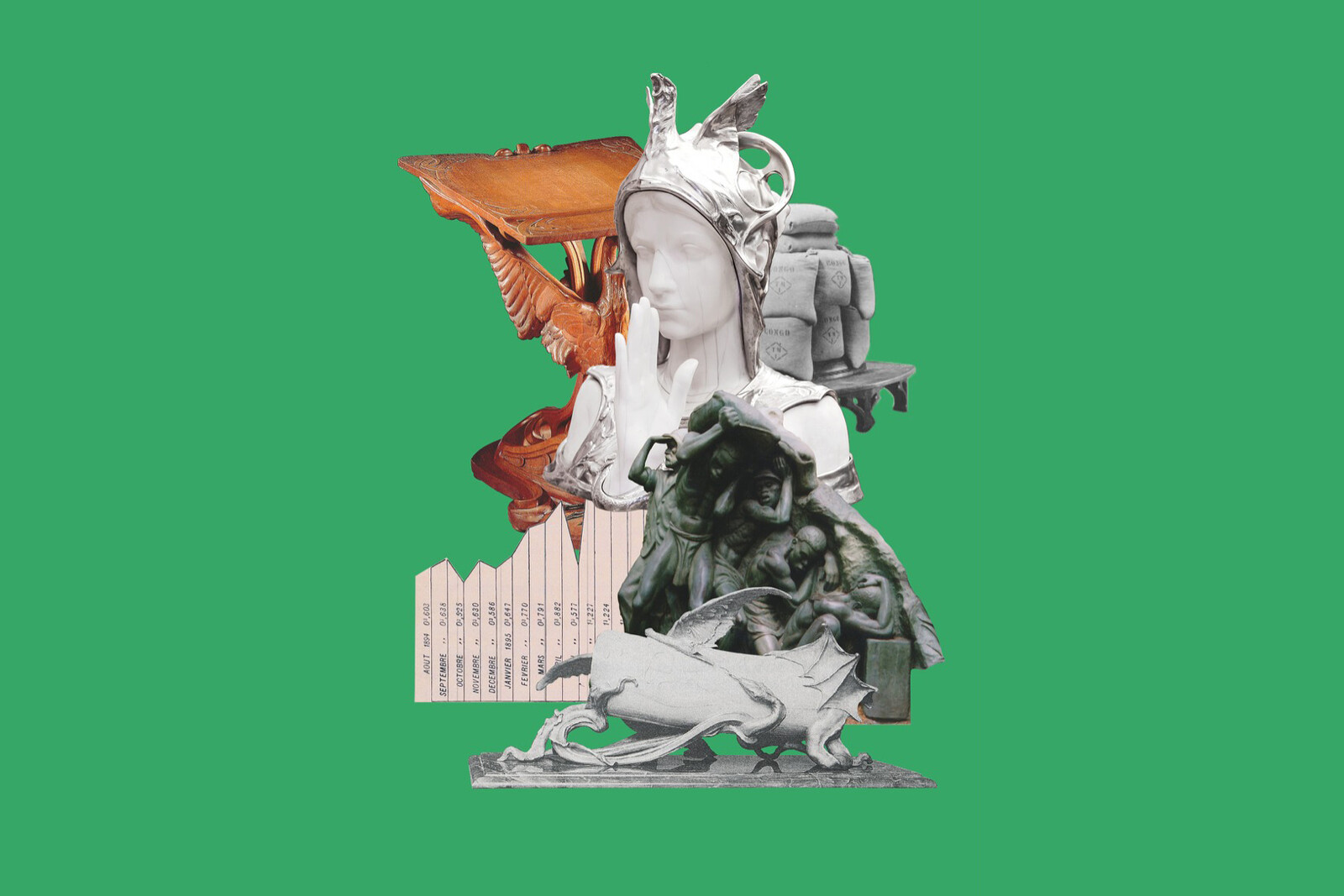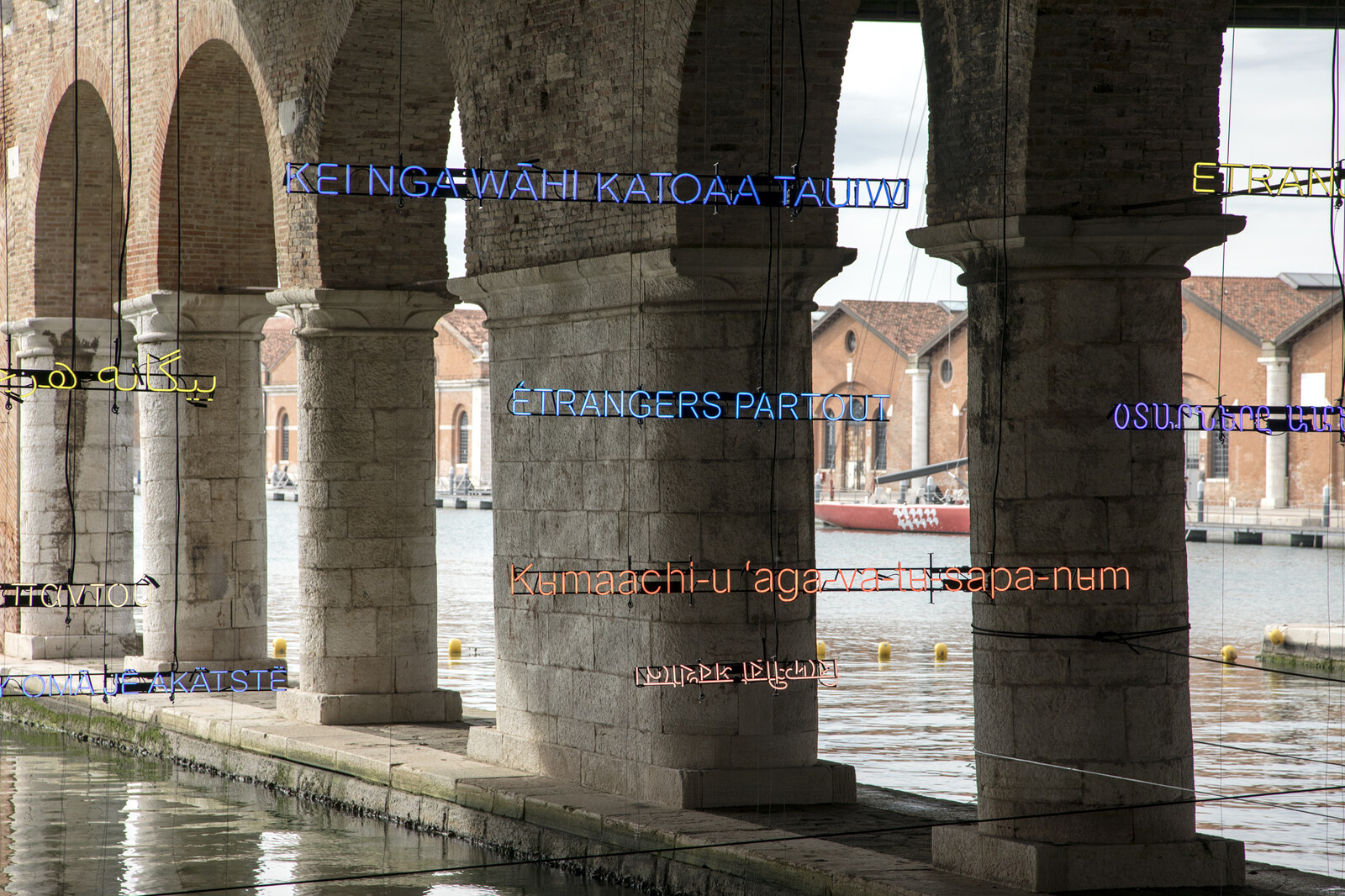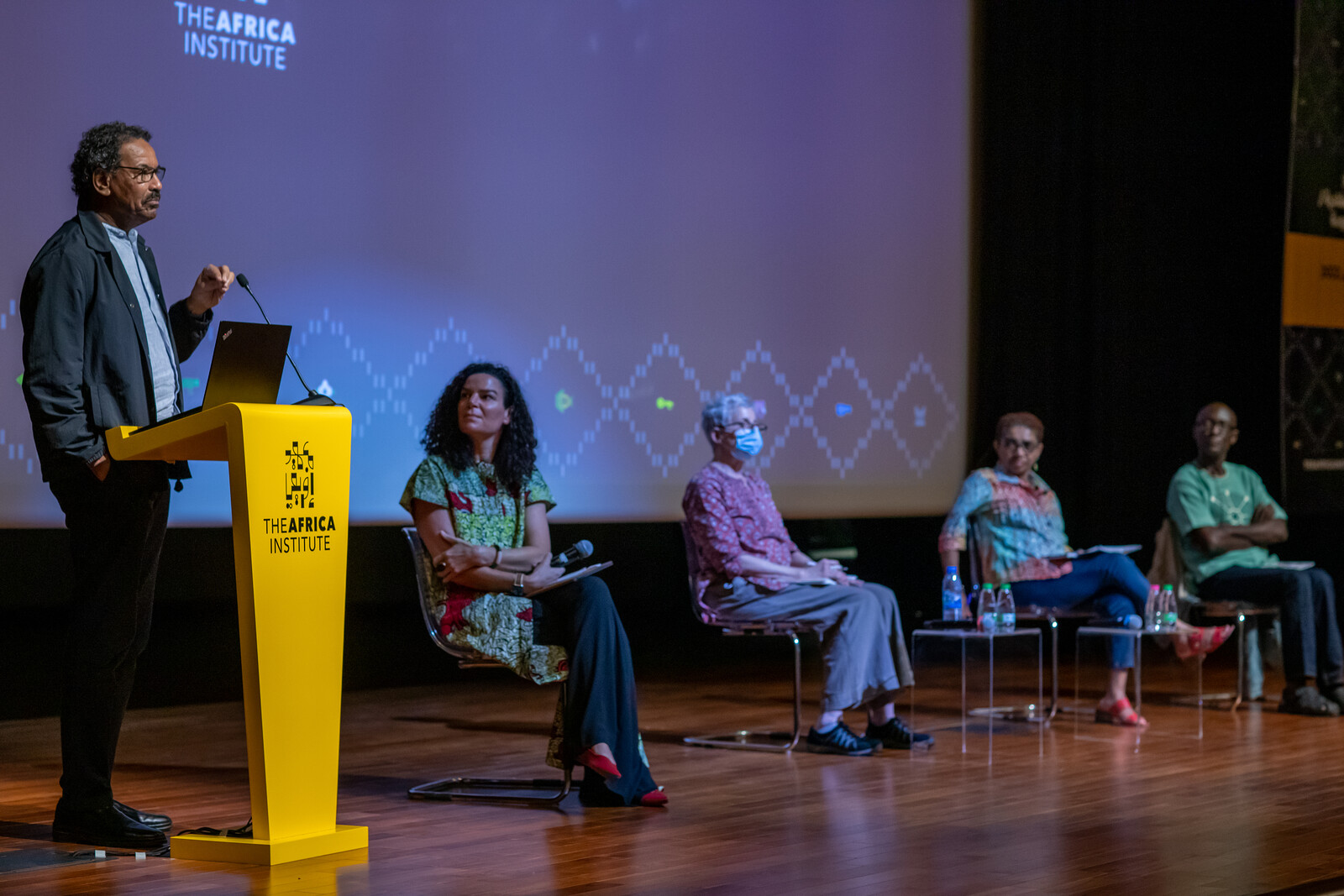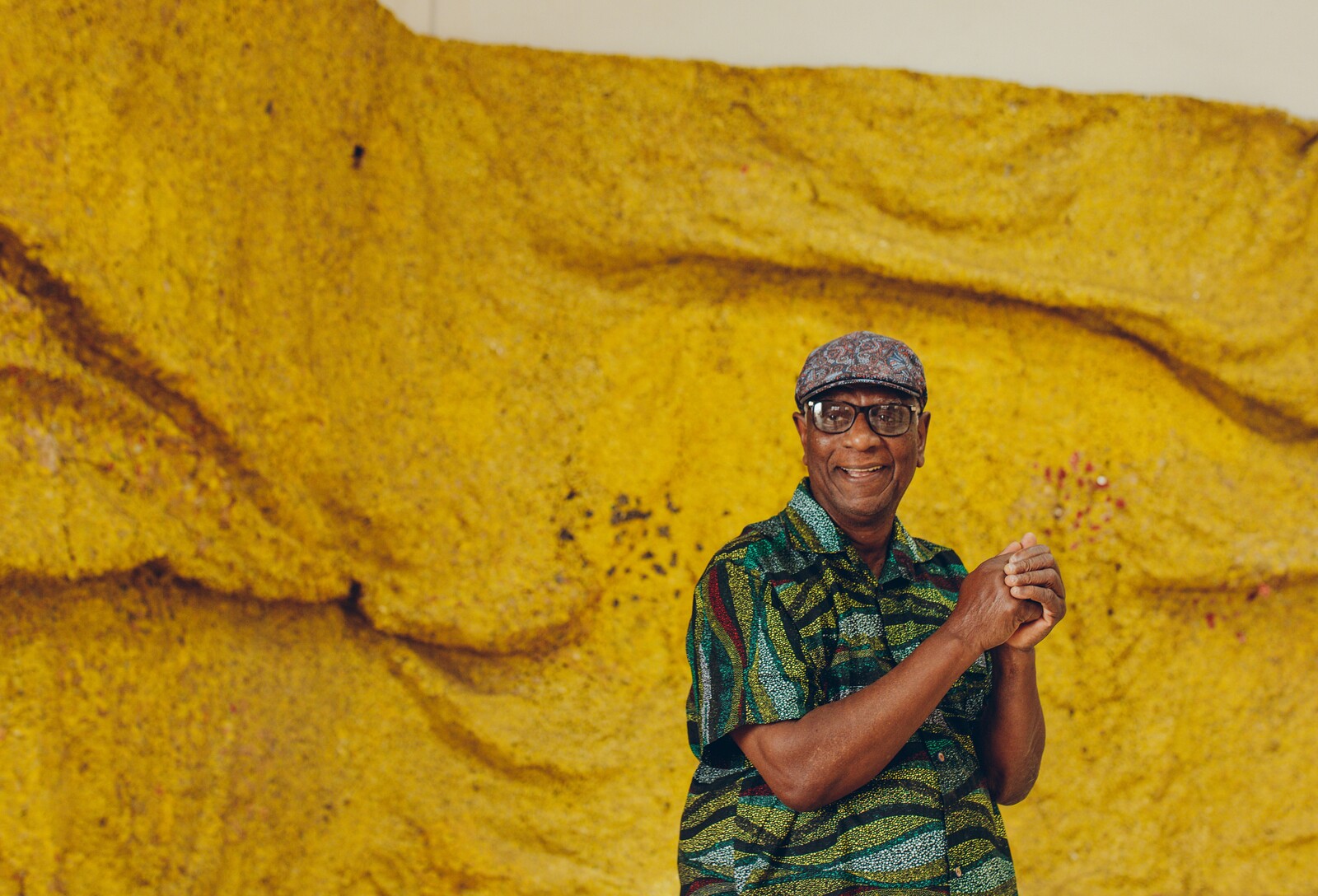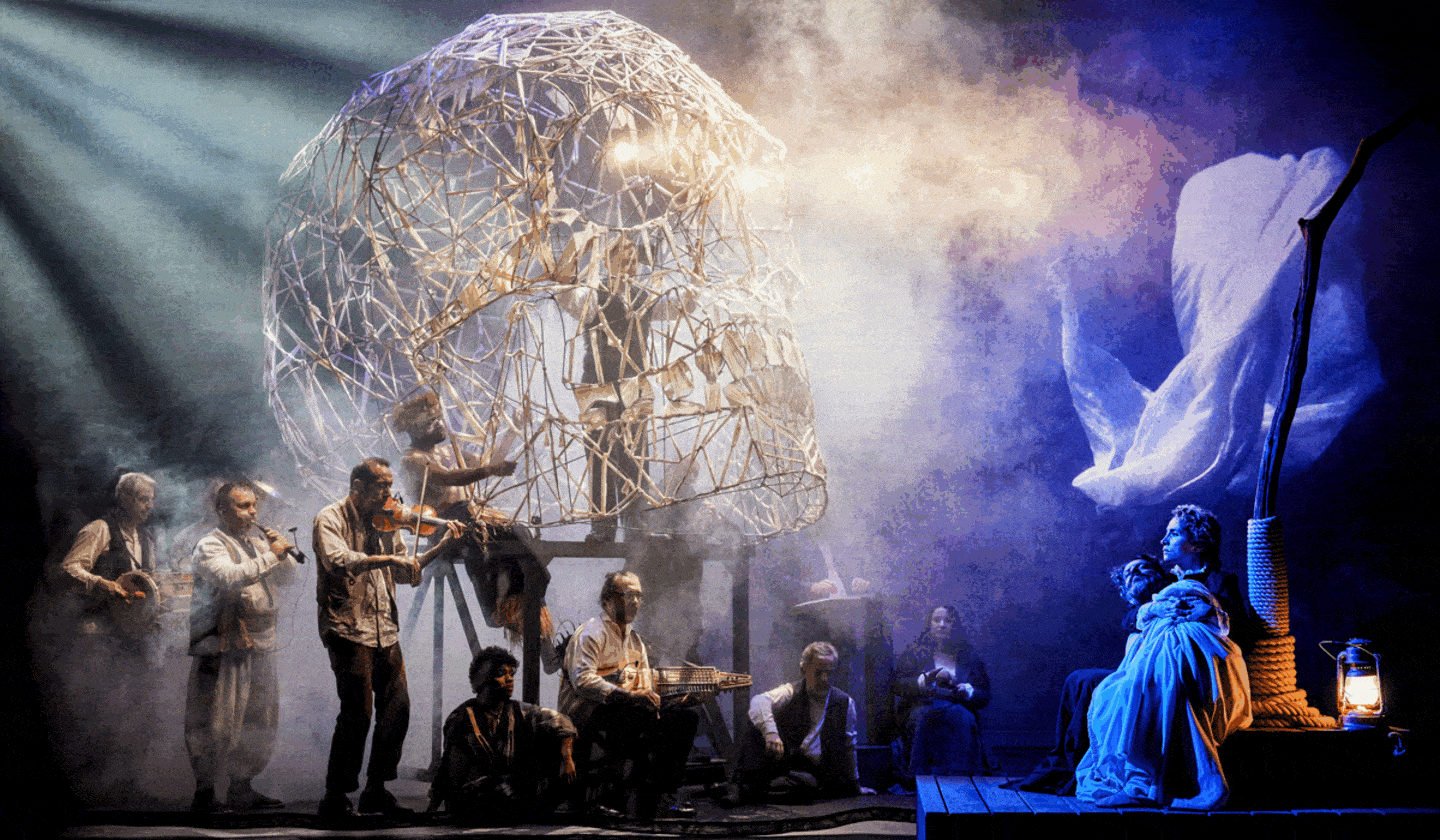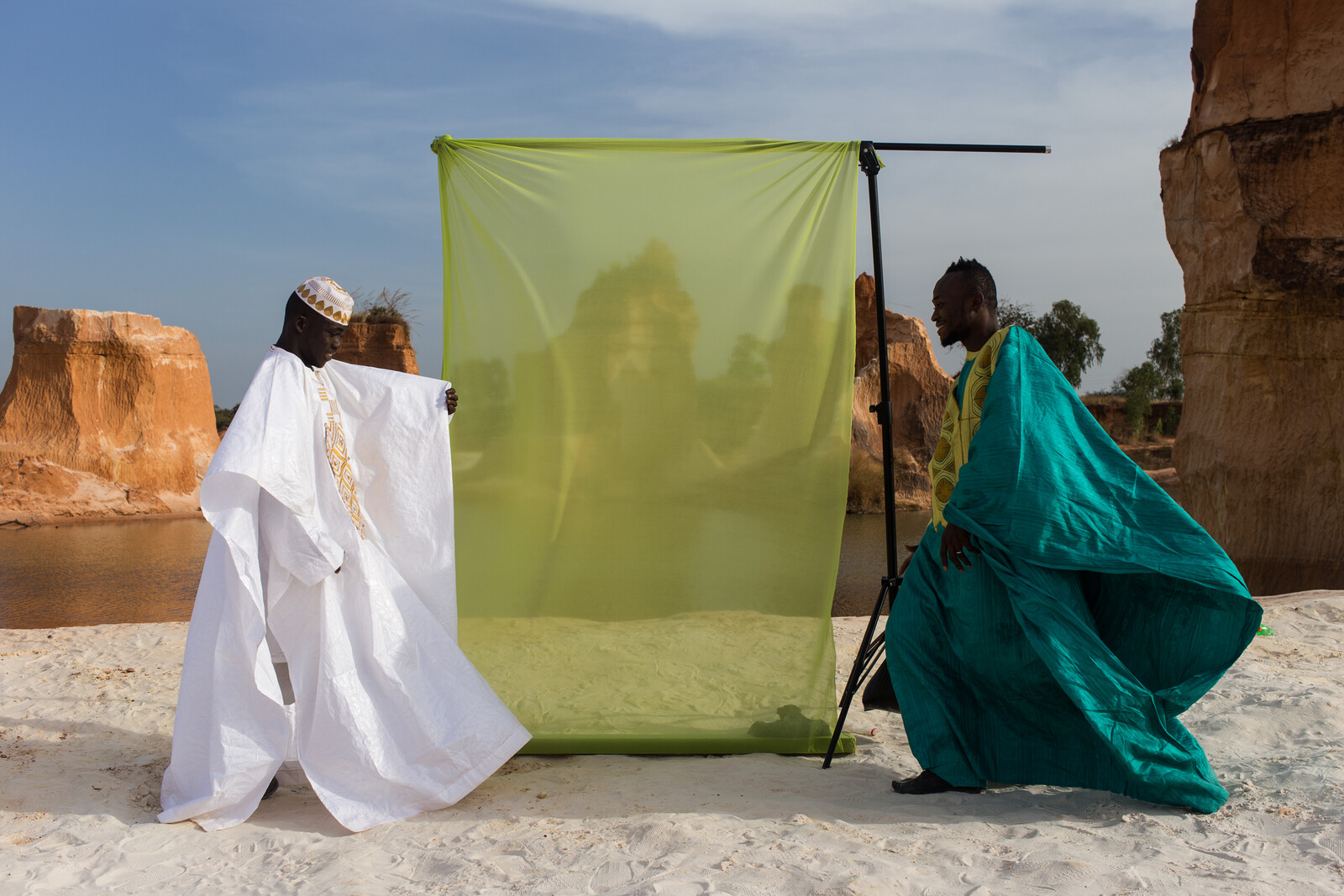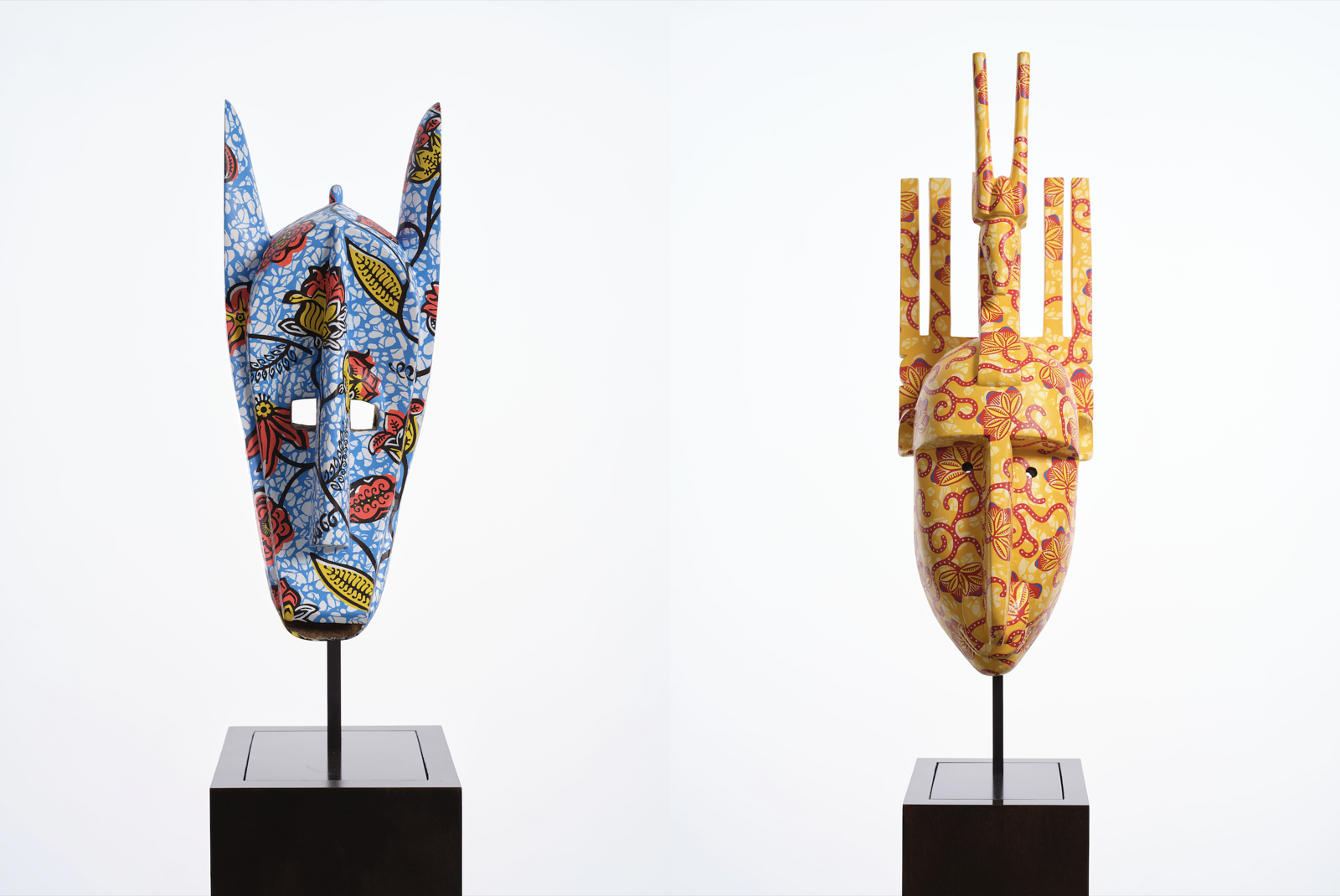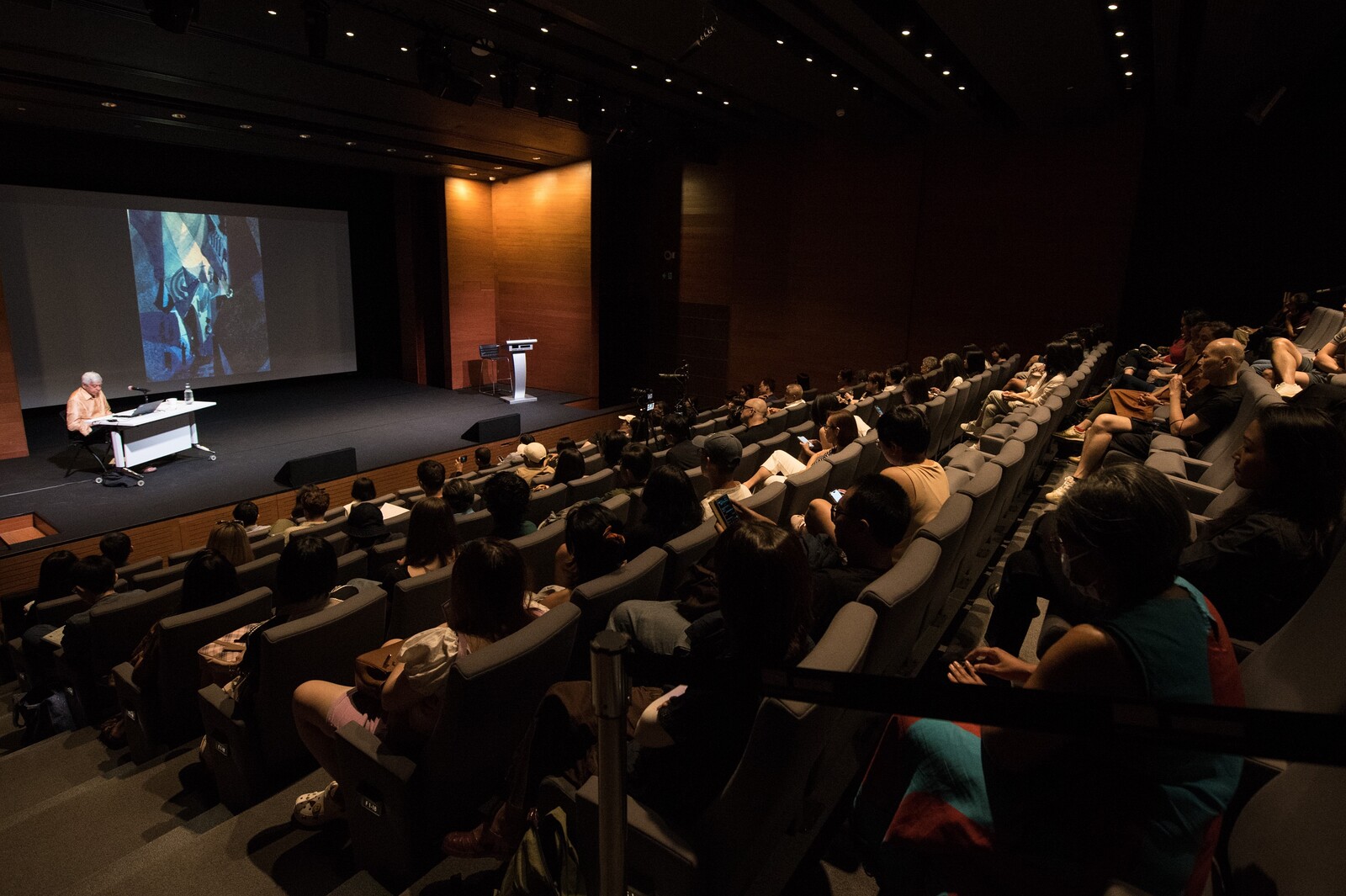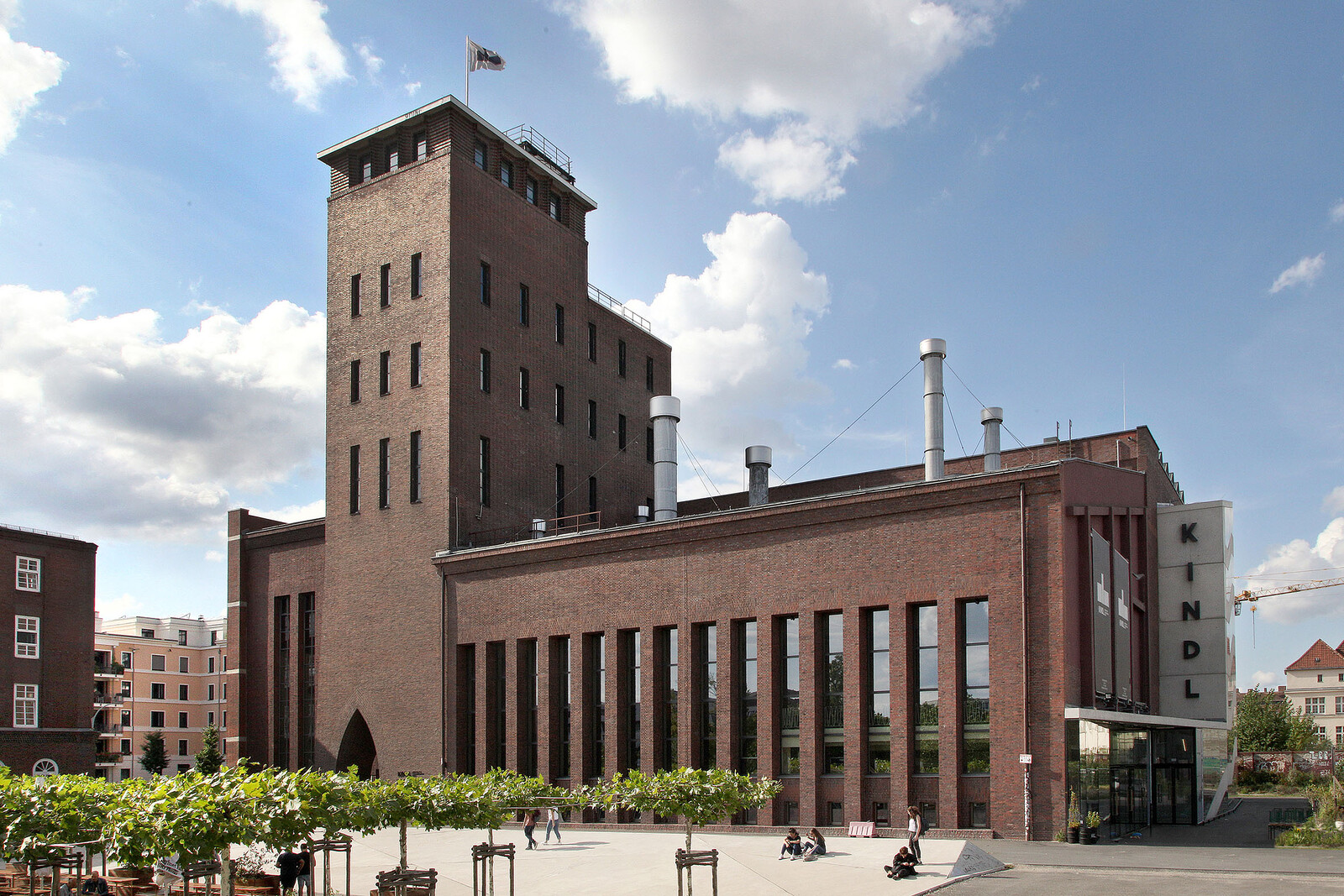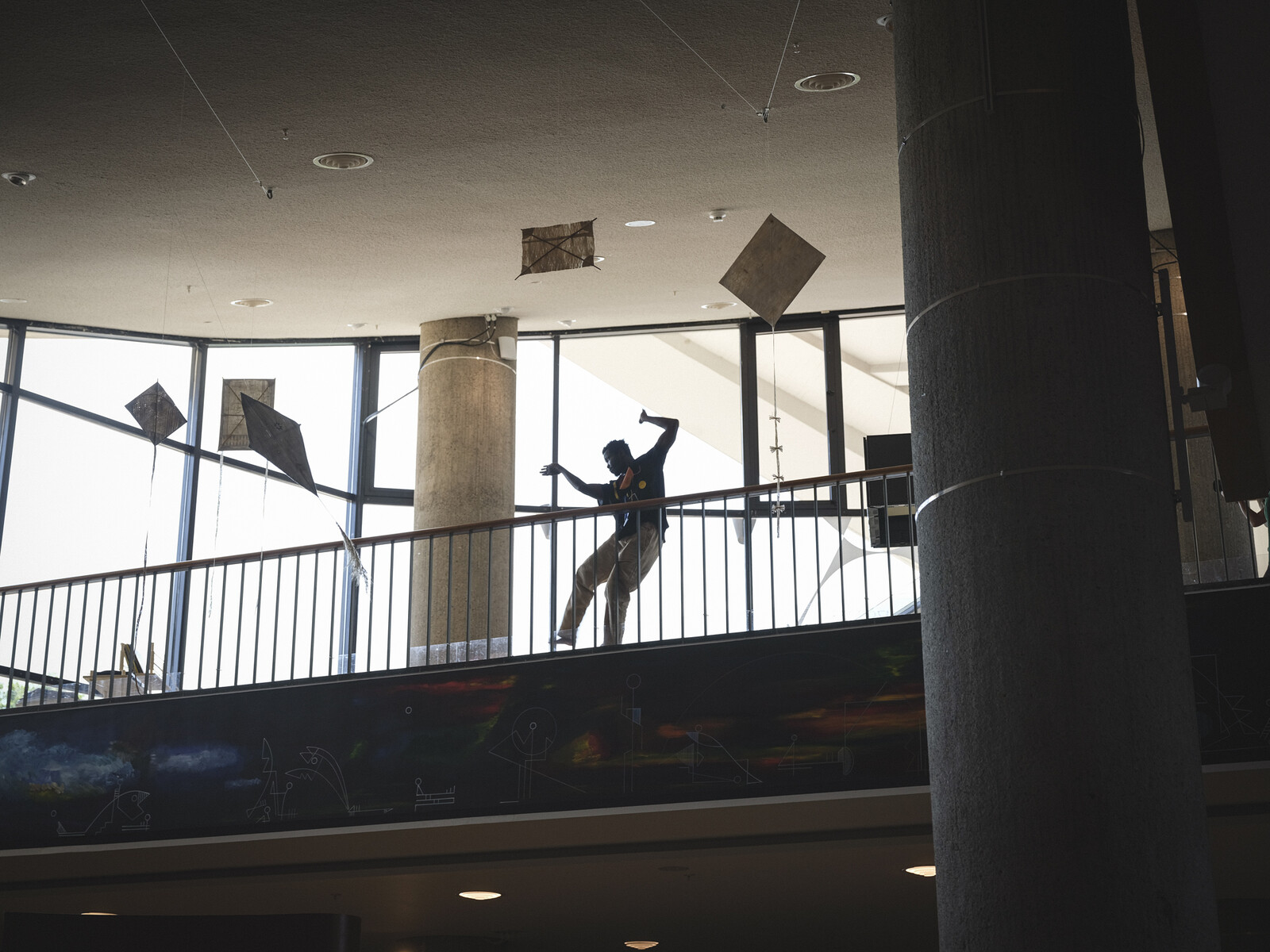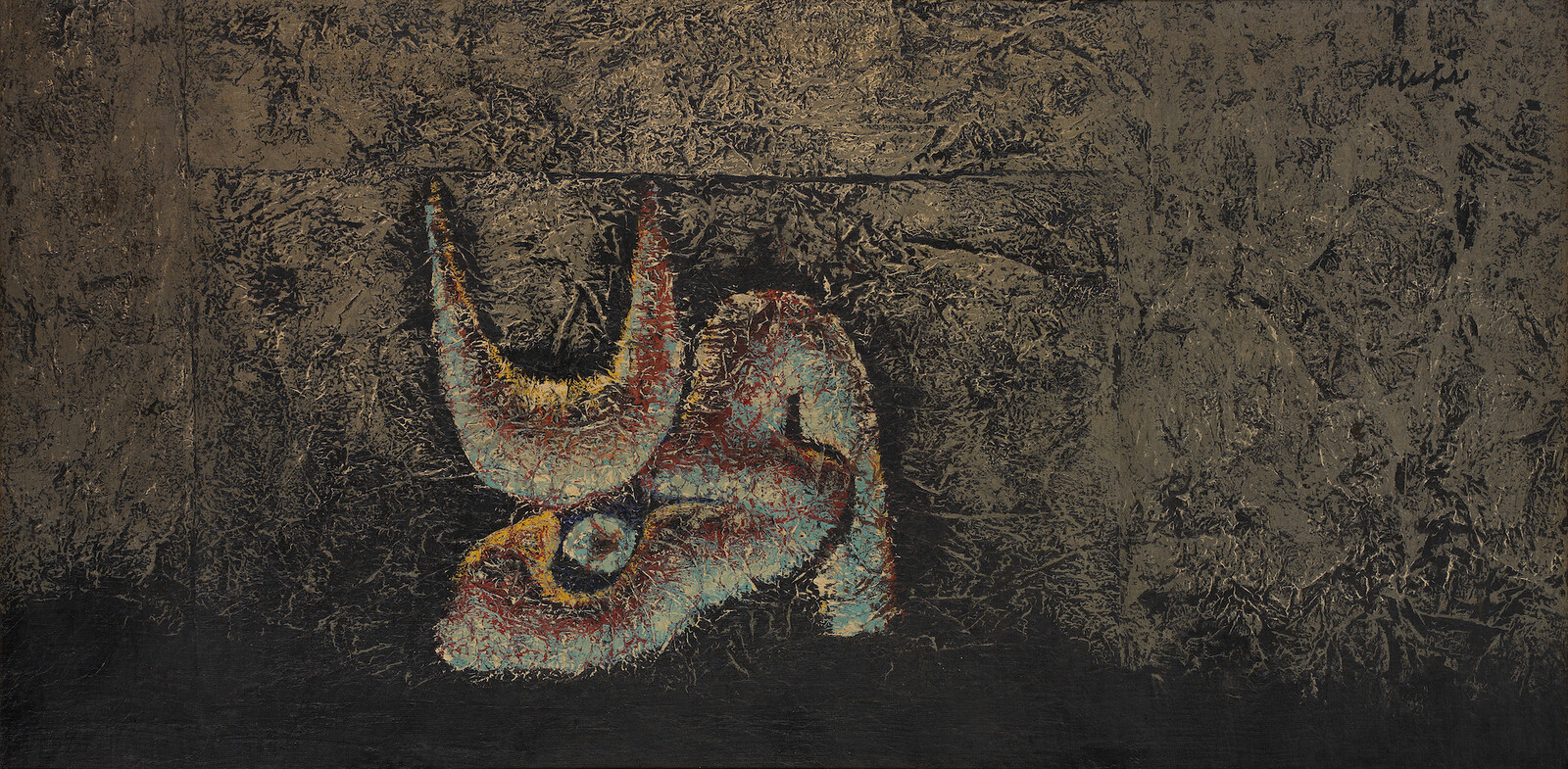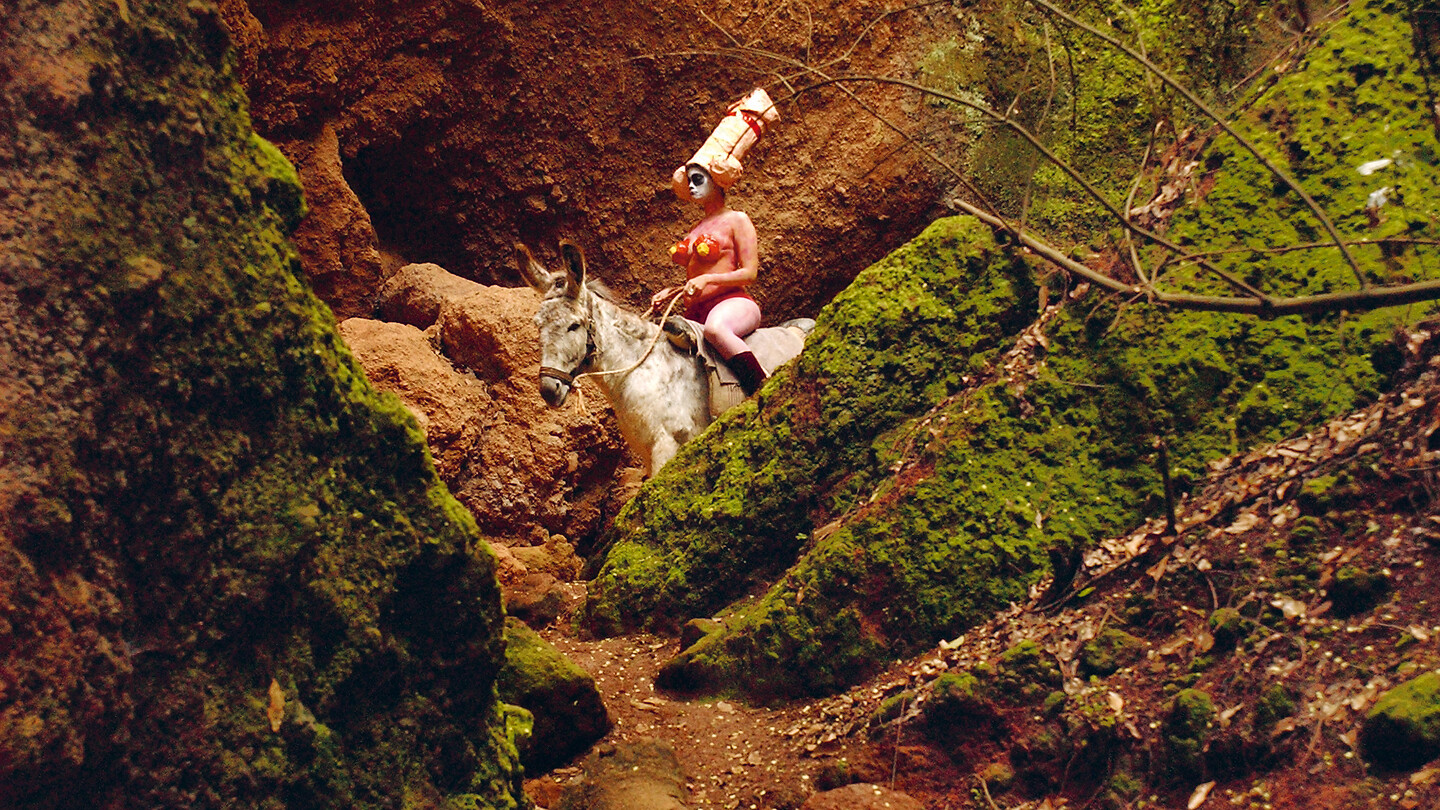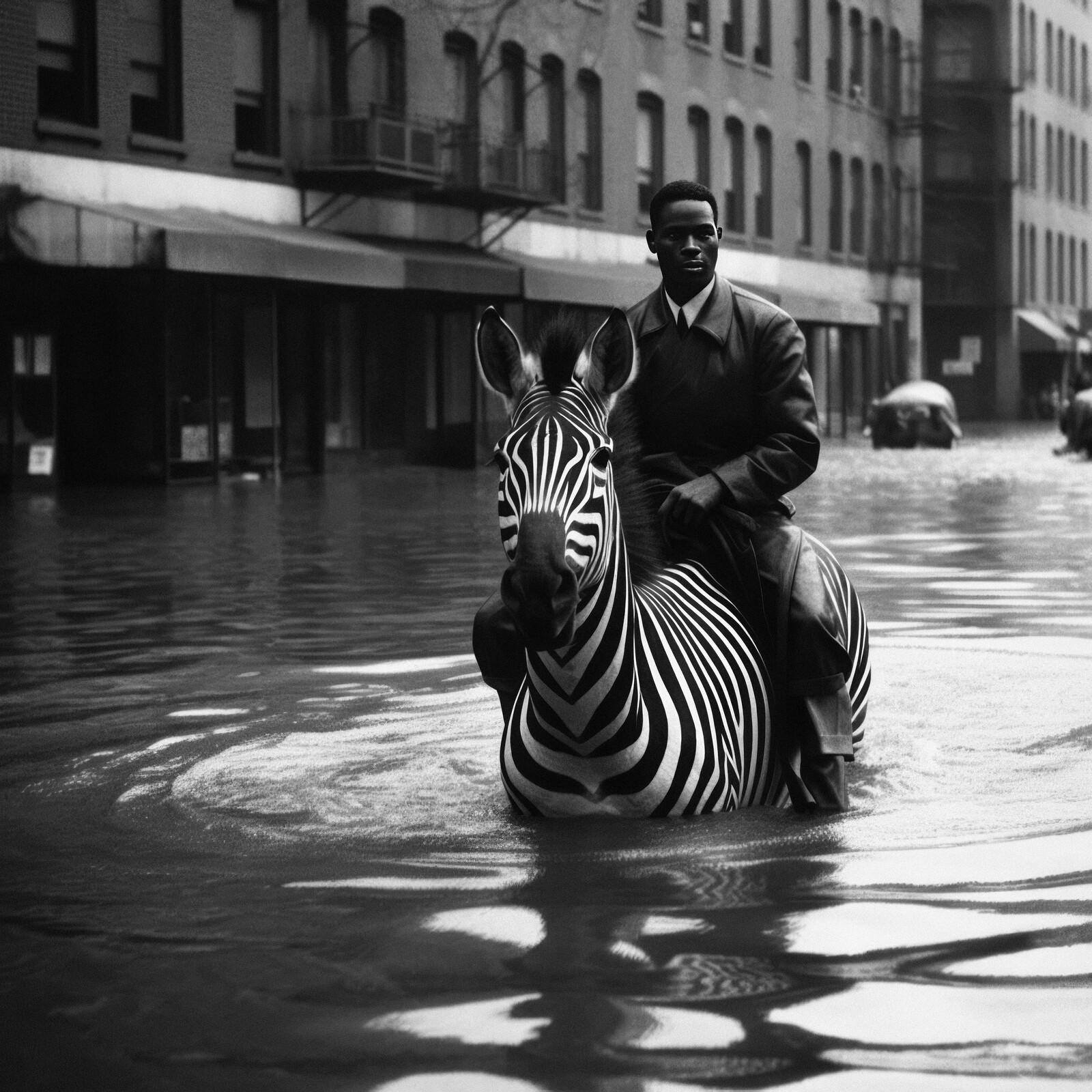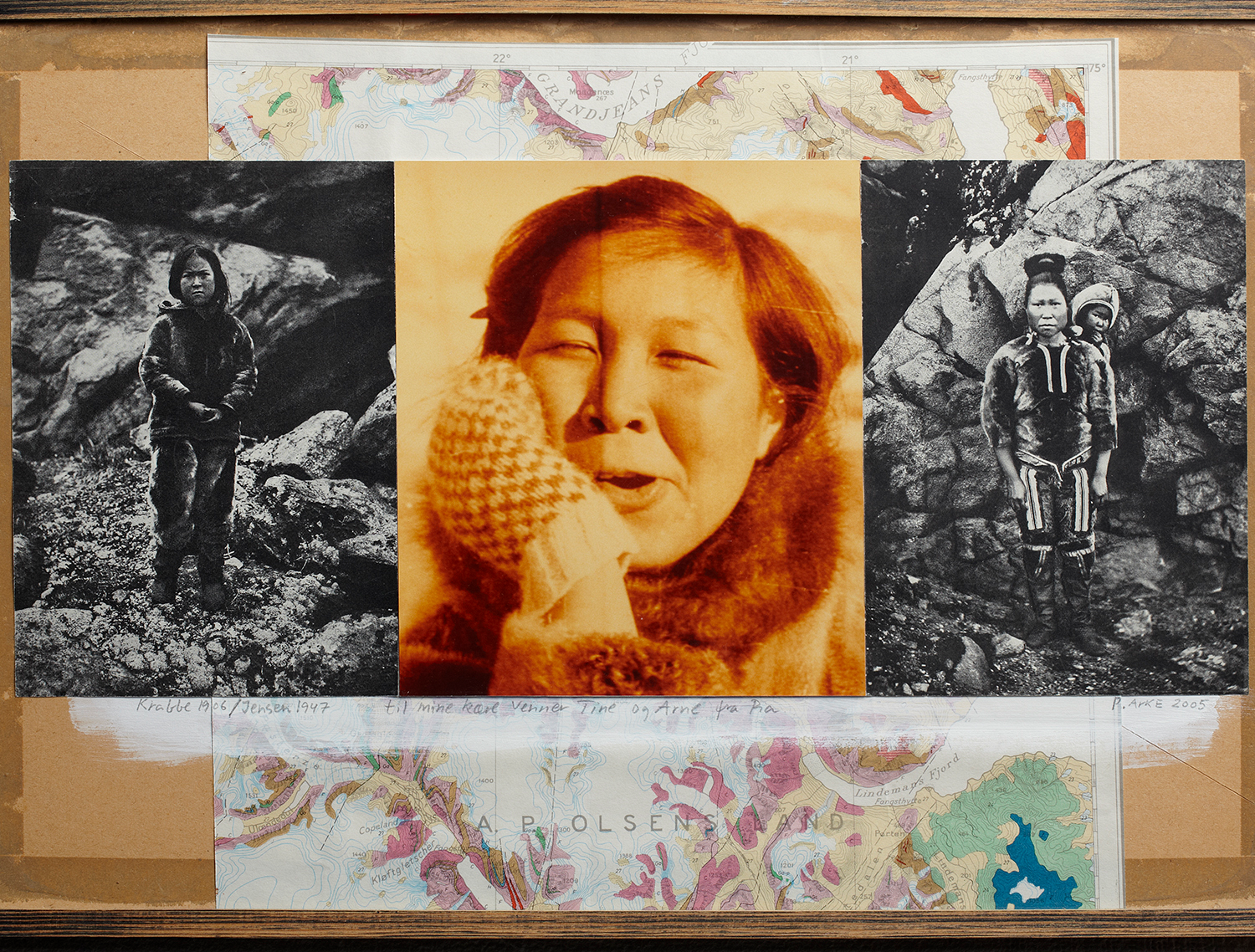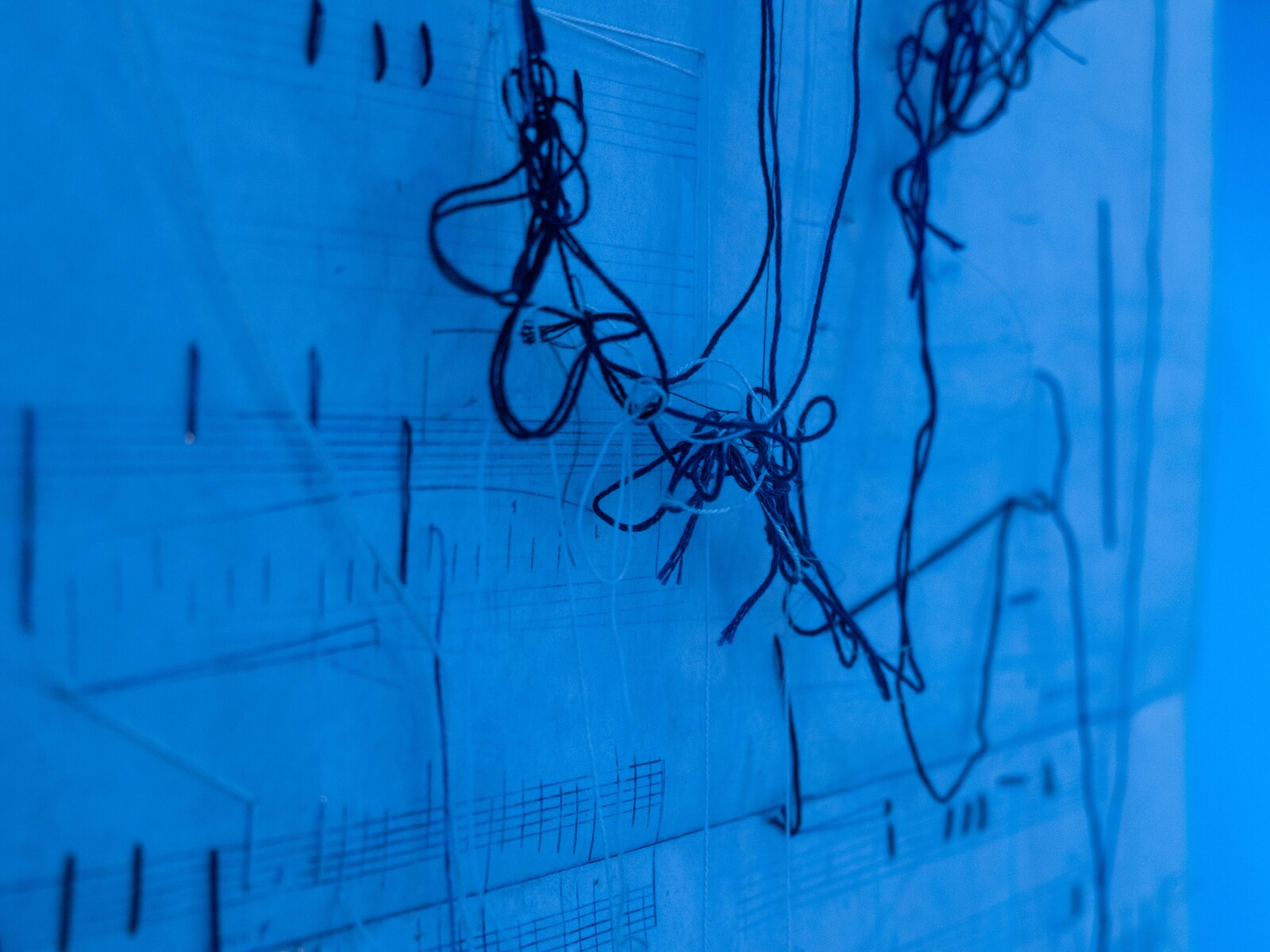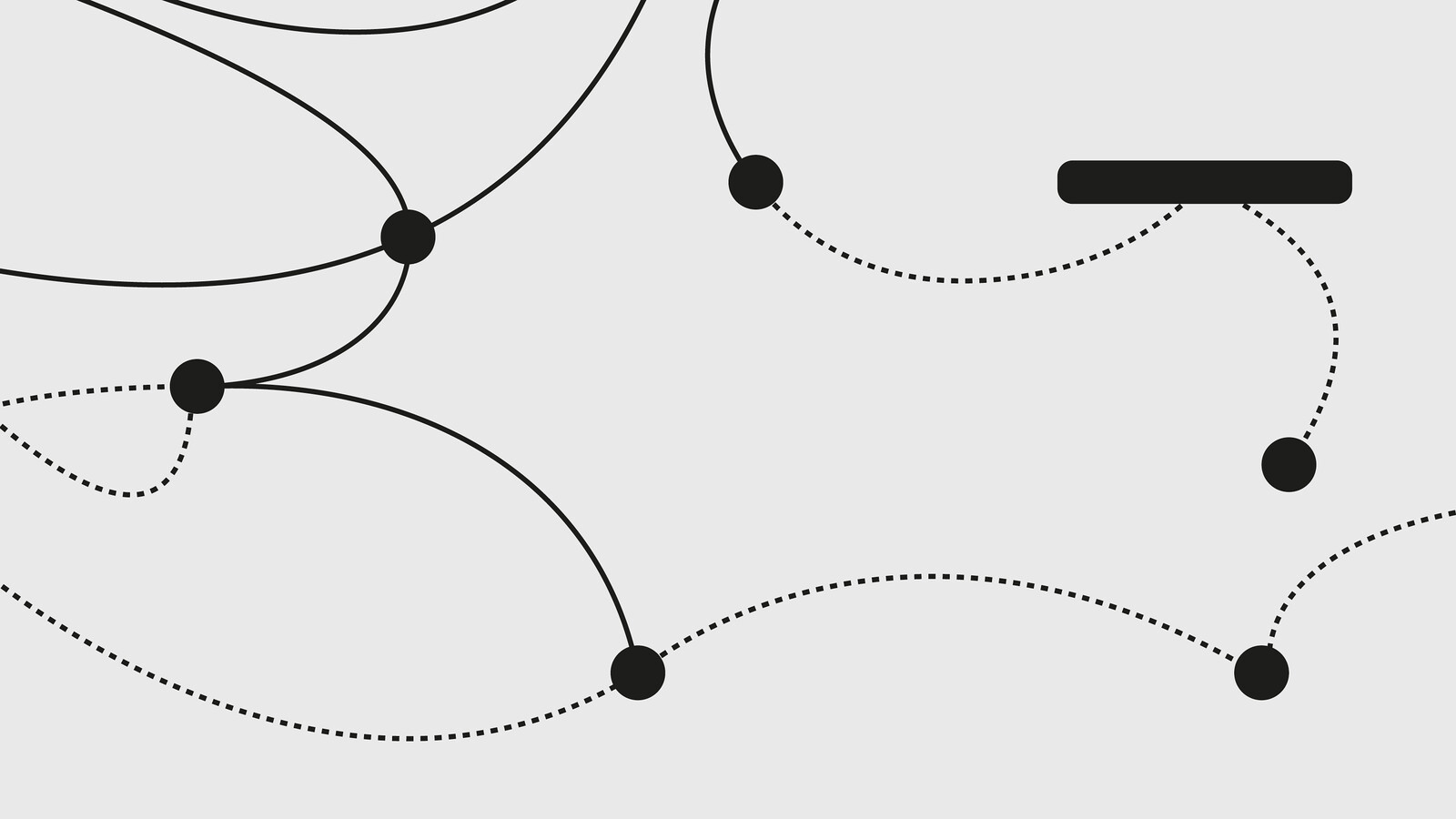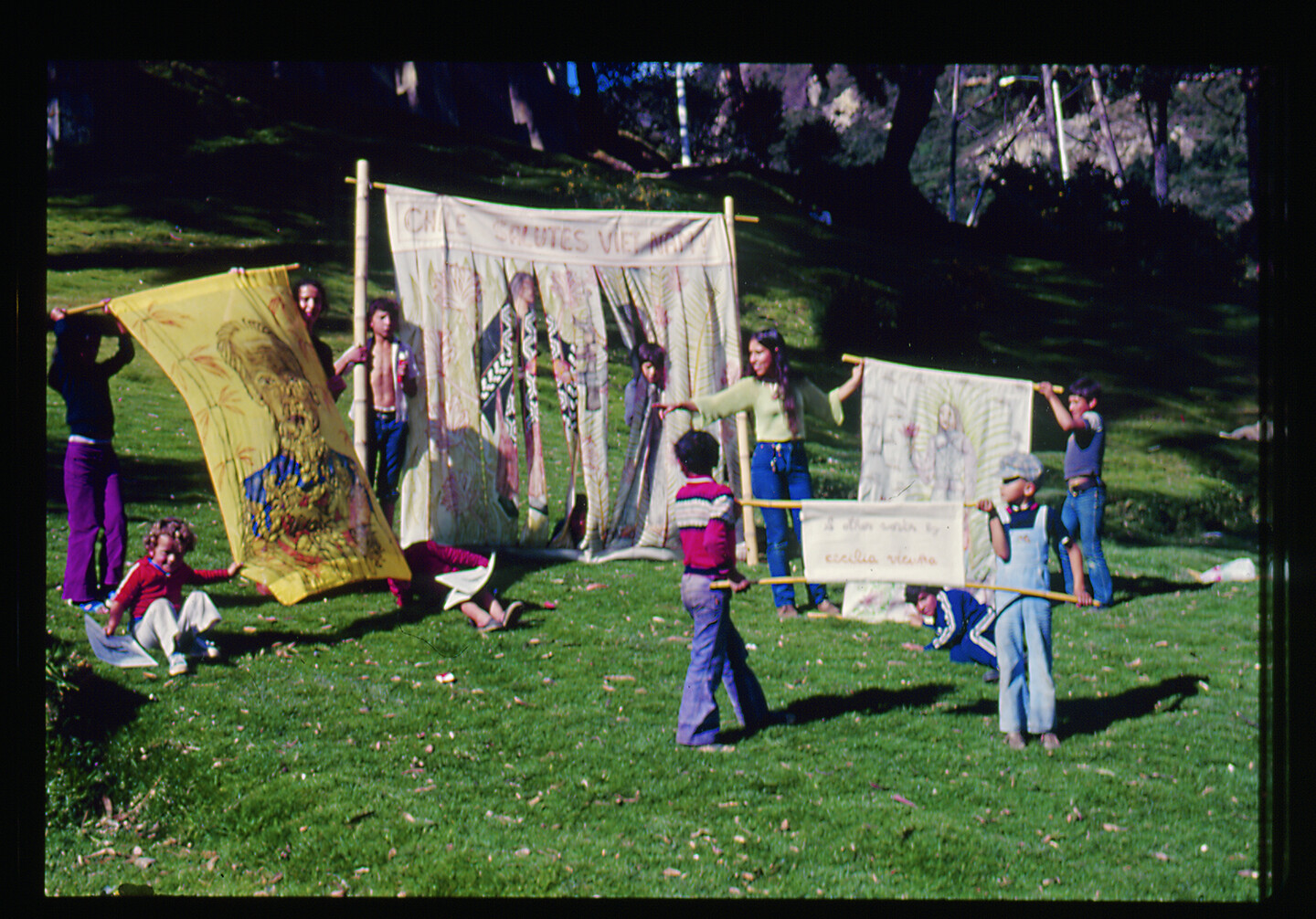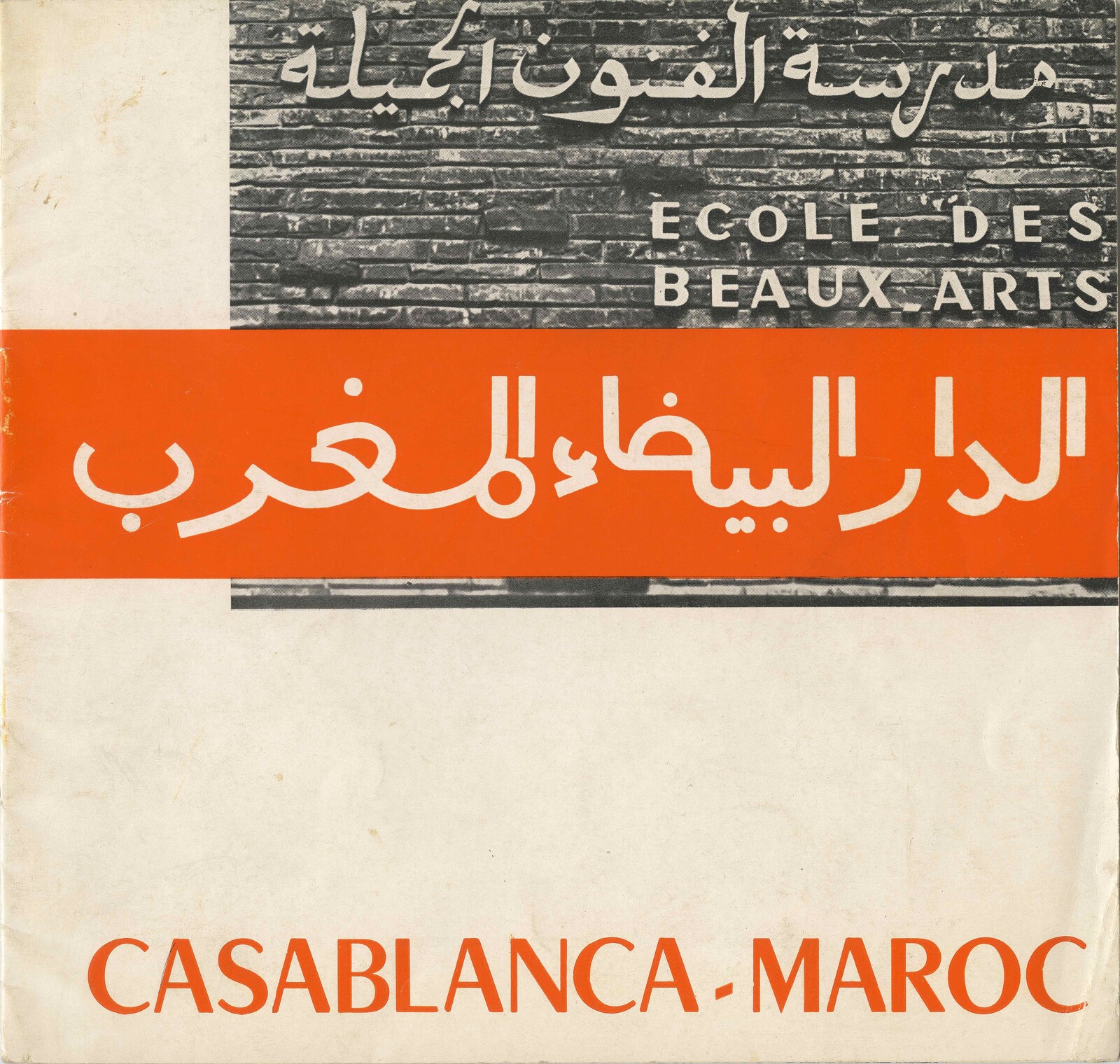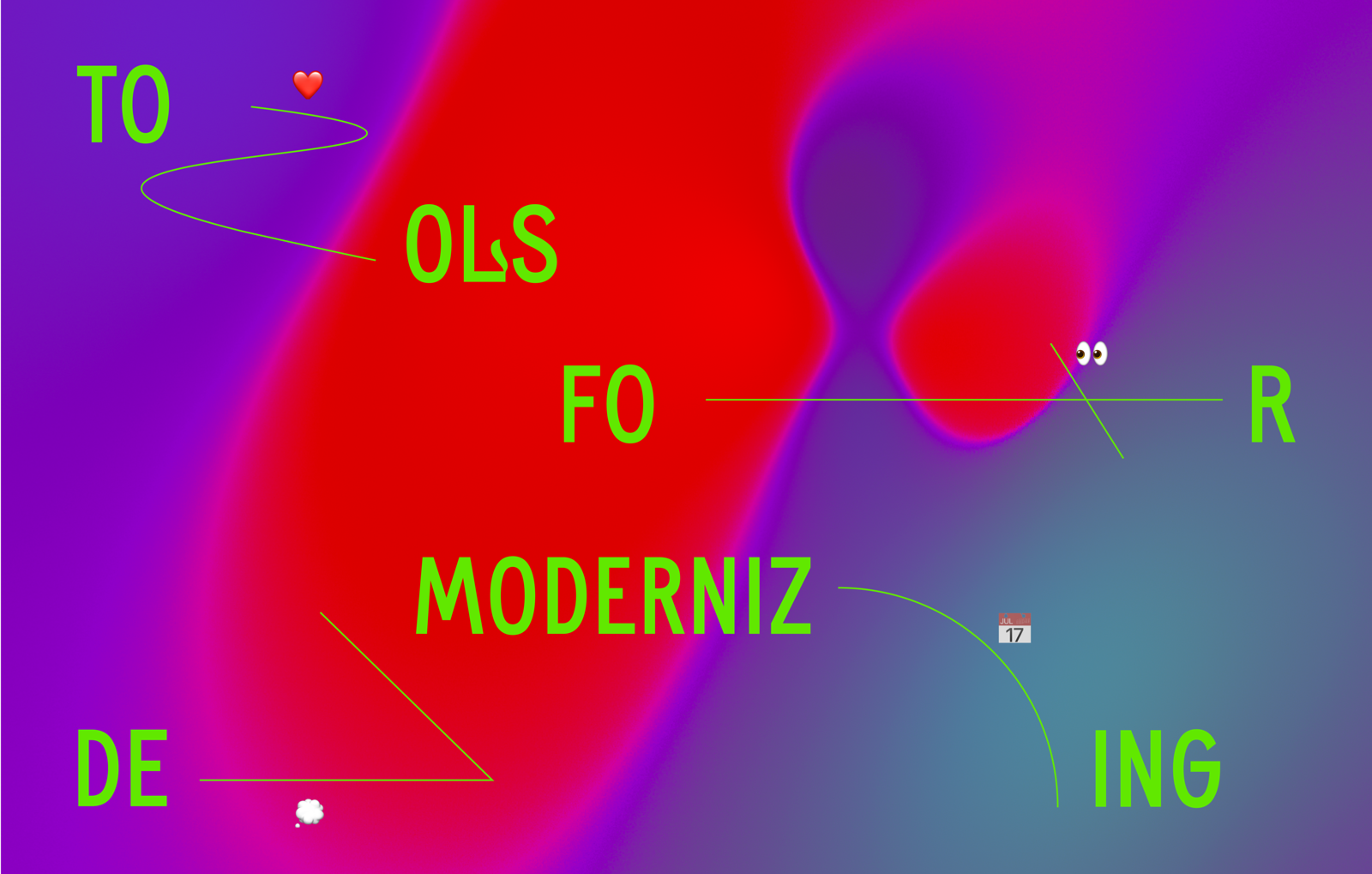Artists for Democracy’s commitment to the experimental took many forms. In artistic terms, it formed an uneasy alliance with various “traditional,” “folk,” or “popular” forms. This can be understood as a pragmatic extension of Artists for Democracy’s “broad front” politics, to be as inclusive as possible with respect to artists and audiences, but it can be also understood in terms of aesthetic strategy.
The story of AFD may serve as a reminder of alternative, pre-identitarian political sensibilities. This can be seen, for instance, in the group’s ready expression of common cause with peoples across vast cultural, geographic, and geopolitical differences, or in the way their Whitfield Street squat was a “queer” space without ever considering itself as such. Such an approach to organizing a space or collective points to a politics grounded in relationships within and across difference, and an understanding that individualized identities can function as barriers rather than a basis for solidarity.
